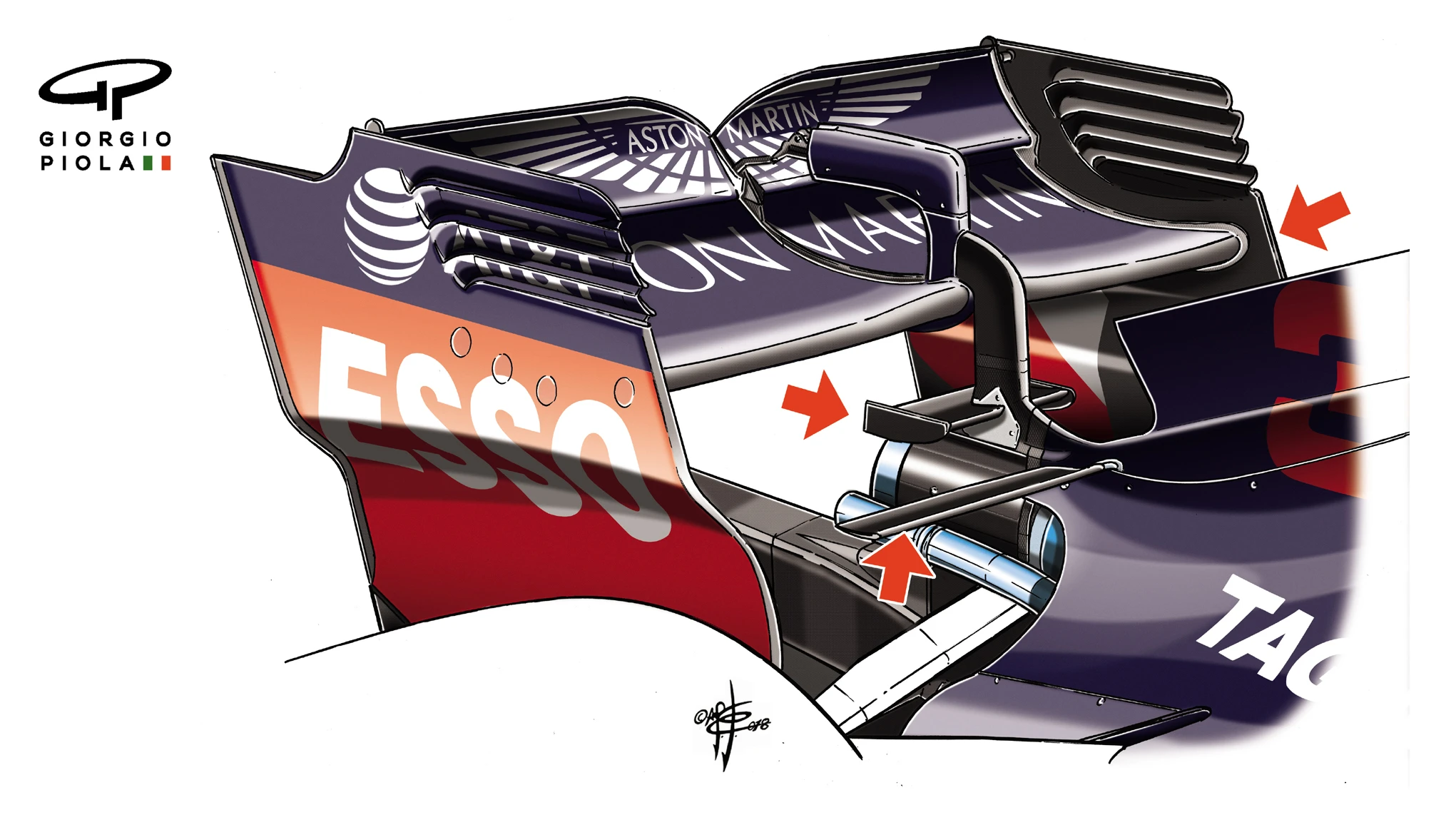It just so happens that the four highest-placed teams in Monaco – Red Bull, Ferrari, Mercedes and Force India – all made key technical tweaks for the twisting street circuit, as did a resurgent Sauber squad. Mark Hughes and Giorgio Piola round up who did what…
Red Bull’s rear wing
Red Bull’s Monaco downforce configuration featured a much-deeper-dished rear wing main profile that came down much further relative to the endplate gills (arrow on right) than the conventional wing. The reason for this? Because the steeper angle created gives a greater air pressure differential between the wing’s upper and lower surfaces, and therefore more downforce. This would not be used at conventional tracks as the cost in drag would be excessive – meaning they would lose more in a slower than normal straight-line speed than they would gain with the greater-cornering speeds. For the first time this season, Red Bull also used a ‘monkey seat’ (arrowed and positioned behind the exhaust outlet as newly required in 2018) and T-wing (left-hand arrow). Both add to the RB14’s downforce generating potential.
Ferrari’s revised wing mirrors
Having been informed by the FIA that they would have to change their halo-mounted mirror arrangement for Monaco, Ferrari unveiled a new layout in Monte Carlo. The key change from the Spanish Grand Prix set up was the removal of a winglet that the Italian team claimed served a structural role in reducing vibration of the mirrors but which the FIA felt was being exploited primarily for aerodynamic gain. The Monaco mirrors were still mounted from the halo with a single mounting point – but one which will have had a minimal aerodynamic effect.
Mercedes’ sidepod teeth
Mercedes introduced these McLaren-like ‘teeth’ vanes atop its sidepods at Monaco. What do they do? They are flow conditioners to help direct the airflow more sharply on its way down to the ‘coke bottle’ profile of the bodywork – an area that, through pressure manipulation, further speeds up the airflow, which in turn is then directed between the gap formed by the rear-wheel inner face and the outer face of the diffuser. This flow merges with that coming through the diffuser from the underfloor, helping accelerate that and produce more downforce. There is only so much energy available from the air as the car passes through it and the more it can be artificially accelerated by the contouring of the body surfaces, the more downforce is created. It’s marginal gains, but every little helps.
Force India’s T-wing
Force India surprised some by being ‘best of the rest’ behind the big three teams in Monaco. In terms of technical changes, the Silverstone-based squad added a second small T-wing (indicated by the red arrow) to give the VJM11 a marginal downforce increase. The associated cost in drag would not matter so much at Monaco as on conventional tracks, where top speed is less critical (as proved by a down-on-power Daniel Ricciardo being able to win the race!).
Sauber’s radiator inlets
Sauber have been in excellent form recently, and although they weren’t able to continue their point-scoring form in Monaco, home favourite Charles Leclerc was in the thick of the midfield battle. The main change of the C37 for this race was a bodywork extension to increase the airflow speed to the radiators – a modification made necessary because the low speeds of Monaco would have given insufficient cooling. The car also received upgrades that were part of its normal development programme and not Monaco-specific, such as new barge boards and a revised diffuser.
Next Up
Related Articles
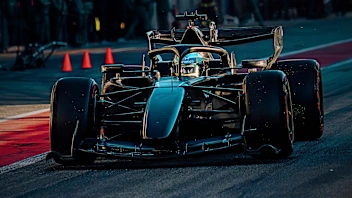 Why Newey's first Aston Martin design has caused a stir
Why Newey's first Aston Martin design has caused a stir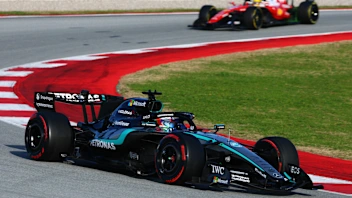 Vote for your favourite 2026 F1 livery
Vote for your favourite 2026 F1 livery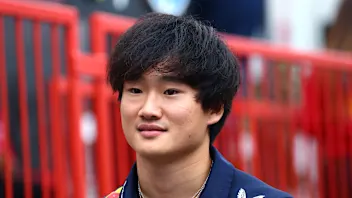 Tsunoda to get back behind wheel of F1 car with Red Bull
Tsunoda to get back behind wheel of F1 car with Red Bull/16x9%20single%20image%20-%202026-02-11T105611.479.webp) Verstappen tops first morning of Bahrain opening test
Verstappen tops first morning of Bahrain opening test/16x9%20single%20image%20-%202026-02-11T062456.150.webp) Who’s driving on Day 1 of the first test in Bahrain
Who’s driving on Day 1 of the first test in Bahrain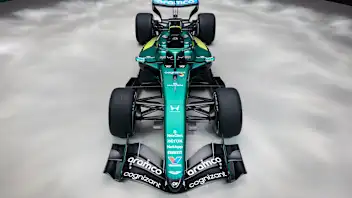 Check out every angle of Aston Martin’s 2026 livery
Check out every angle of Aston Martin’s 2026 livery
